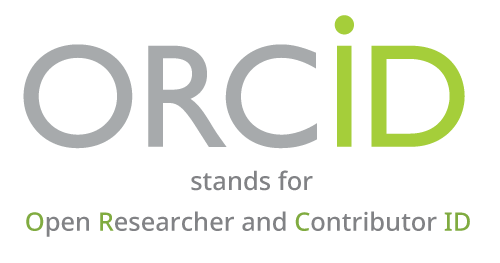
May 2024 Newsletter

May 2024 Newsletter

Galter Library
In the evolving landscape of academic research, ensuring your contributions are accurately attributed and easily discoverable is important. Enter ORCID iDs (Open Researcher and Contributor Identifiers), an important resource designed to streamline this process.
The adoption of ORCID iDs is rapidly gaining momentum, with major publishers like the Royal Society, PLOS, the American Geophysical Union, BMJ, Wiley, and many others embracing this resource. Moreover, soon U.S. federal funding agencies will either recommend or require researchers to have a digital persistent identifier, such as ORCID.
As part of our commitment to enhancing scholarly visibility and recognition, we're excited to announce an upcoming project aimed at boosting ORCID adoption across our Feinberg community.
Over the next few months, we recommend Feinberg faculty:
If you are interested in further connecting your ORCID with trusted parties, we also recommend:
Please note: these steps require you to enter your ORCID password and therefore cannot be delegated. However, once established, these connections should endure unless you revoke the connection. If you prefer assistance with these steps, Galter Library is offering several 30-minute group tech sessions titled “ORCID: Register, Use, Share”. Sign up here: https://galter.northwestern.edu/course_info/278
For those new to ORCID (pronounced just like "orchid"), ORCID is an independent non-profit organization that maintains a registry of PIDs (persistent identifiers) for researchers and scholars for free. Some key reasons you should consider getting an ORCID:
As the academic landscape continues to evolve, embracing tools like ORCID becomes increasingly important for researchers seeking to maximize their scholarly impact and visibility. If you have questions about ORCID, please reach out to your Galter Liaison Librarian, email the Northwestern University ORCID Support email, or see Galter Library’s ORCID Guide.
*What is Northwestern Elements?
Elements is Feinberg School of Medicine’s publication tracking system – it ingests data from Scopus, Web of Science, PubMed (and more) and uses metadata from these sources to match publications to faculty members, generating lists of publications for Feinberg Faculty Profiles and the Feinberg Faculty Portal. Faculty members can log into Elements and curate their own publication lists, but more so, they can ask super users in their departments who have special permissions to do work on their behalf.